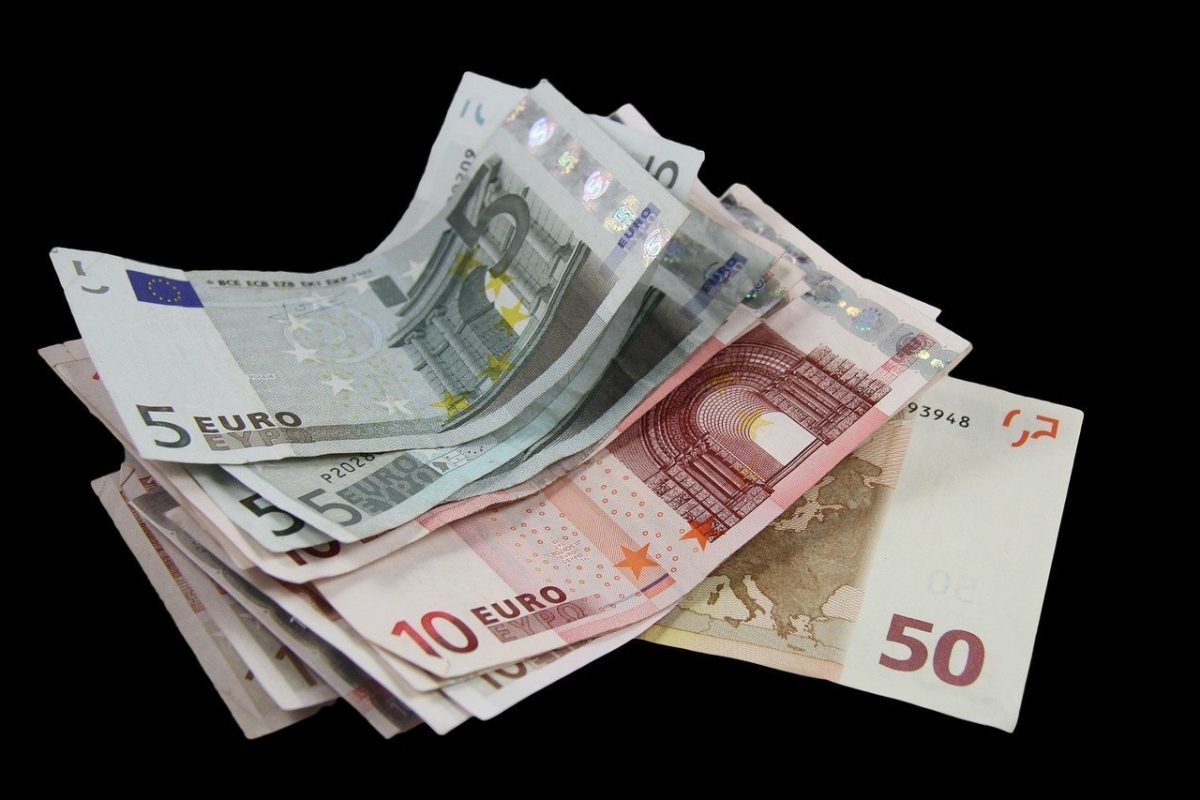10 tips to create – and stick to – a Better Budget
Americans seem to undergo may be present, should have, typical examples of woulda. If they say, we now know that even before the recession we had known, we can better manage our money, we will be better financial situation. In the respondents 71% said TD Ameritrade recently by the survey, they will spend less, save it, and 65 percent said they would rather live within their means.
Everyone how to do better in the future? Smart money management is often a spirit money, and small steps produce big results. Nudge in the right direction Hello everyone, I recently wrote an article about my ten-saving skills. Now, in honor of the national financial literacy month, I want to use my top ten advertising budget prompted to close the loop. We’ve written a lot of these strategies AB in Kiplinger’s, they are my favorite, because they are easy – and they work.
– Let your budget and your goal is simple. What is the one thing you most want to achieve? See how your money is going? Pay off credit card debt? Find spare cash to start college funds for their children? In your main goal of zero will help you stay the course.
– Learn about your personality glue . You prefer to use a debit card or credit card? Everyone has their own advantages (and disadvantages), and there’s no right or wrong answer to you as long as you know which fits your spending habits
– Non-discounted cash with the a debit card, hard currency has gained fans after the recession, because it really helps that you keep in touch with your spending – when it’s gone, it’s gone. In fact, research shows that when there is no real money changes hands, consumers are likely to spend more and have less of a sense of buyer remorse.
– Limit your access to ATMs. In order to make sure that everything you do not lose track of cash, so that only one ATM withdrawal per week, and make your money last until the next time. Another tip: Pay with small bills first; it was painful to break big.
– Tracking your spending. It does not have time-consuming, and you do not have to do this indefinitely. Track even a month or two it should be inspiring. Use your debit card and credit card bills as a tour guide, toss cash income container your kitchen or office.
– Pinpoint your leaks cash a district Maybe it’s restaurant, or computer stores, such as mine, very common, such as the case of a friend of dry-cleaning bills. My friend habitually ignored after work to hang up her suit, she racked up a big label will send them to the cleaners and let them press the
– The use of any financial instruments for you jobs. This may be the top budget sites, such as Mint.com, Excel spreadsheet, or even one of pen and paper. And does not rule out the old standby, the envelope system: divide your cash, and put a lot into a separate fee for each envelope
– Give yourself a grace period to pay the bills . This move would politely father of one of my colleagues, W ho make it a habit to pay his bill in advance when they are actually due ten days. He was always on time and never incur late fees.
– Do not separate shop. If you lack self-discipline, go with a list, a plan, a man – what, this will make it more difficult for your impulse spending. And leave a credit or debit card at home, or carry a limited amount of cash. I once interviewed a young woman who is self-employed were an American Express card, she paid off every month, leaving her other credit card with her accountant. “If I want to use one of them asked me if I really want to spend the money of it makes me stop and think.”
– It is positive. Ddo not think that budgetary constraints joy of your expenses and spending from the straitjacket of life. Think of it as a way to control a small expenditure, so that you can now buy something bigger – and more fun – in the future. Give yourself a little splurge. If you decide to Brown Bag lunch at work, give yourself a snack Friday.











